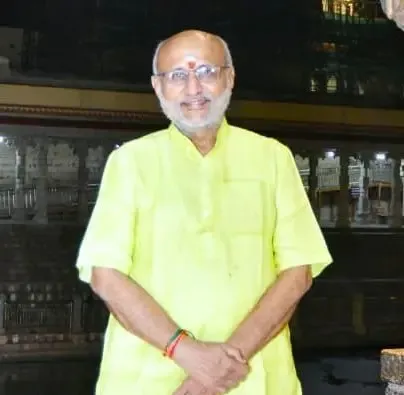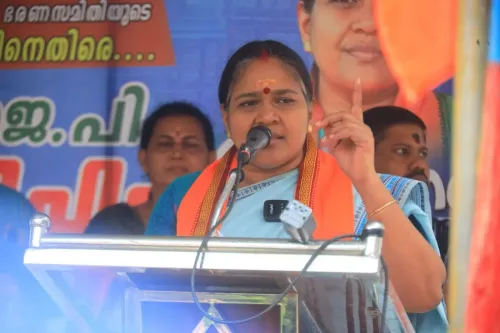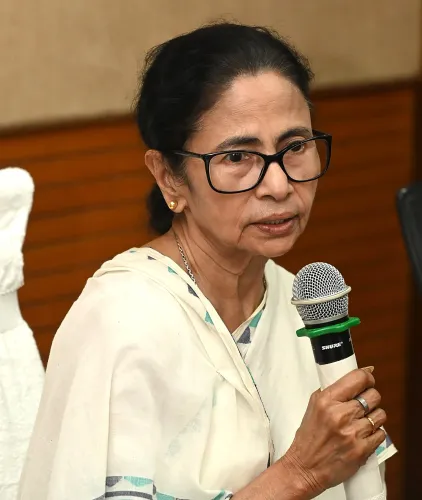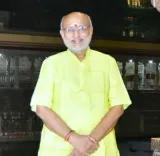Why Was Ashoka University Professor Sent to Judicial Custody?
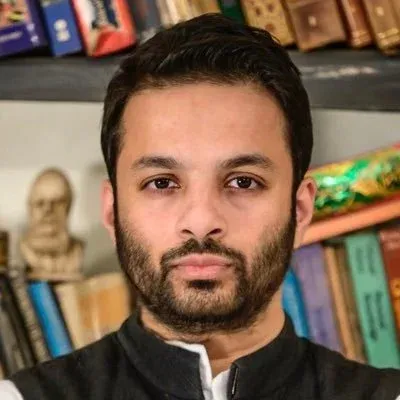
Synopsis
Key Takeaways
- Ali Khan Mahmudabad has been sent to judicial custody for 14 days.
- Charges against him include inciting rebellion and insulting religious beliefs.
- Two FIRs were lodged based on complaints related to his remarks.
- The Supreme Court is set to hear his petition challenging the arrest.
- Ashoka University is cooperating with the investigation.
New Delhi, May 20 (NationPress) Ali Khan Mahmudabad, a professor at Ashoka University, was remanded to 14 days of judicial custody by a Haryana court amid allegations tied to his remarks regarding Operation Sindoor.
The police had requested a seven-day extension of his remand, but the court denied this request, opting instead for the 14-day judicial custody, according to Mahmudabad's attorney.
On Monday, the Supreme Court agreed to review a petition from Mahmudabad contesting his arrest in the near future.
Two FIRs were filed against him at the Rai Police Station in Sonipat, Haryana—one initiated by Renu Bhatia, the chairperson of the Haryana State Commission for Women, and the other by a village sarpanch.
Mahmudabad, 42, was taken into custody following a complaint from Yogesh Jatheri, the General Secretary of the BJP Yuva Morcha in Haryana.
He faces charges under various sections of the Bharatiya Nyaya Sanhita (BNS) for allegedly inciting rebellion and insulting religious sentiments, along with additional charges resembling sedition.
In a social media post, Mahmudabad expressed: "I am pleased to see numerous right-wing commentators praising Colonel Sophi(y)a Qureishi, but they should also vocally demand protection for victims of mob lynchings and other injustices perpetuated by the BJP’s hate campaign, as these individuals deserve to be safeguarded as Indian citizens. The image of two female soldiers presenting their findings is significant, yet these images must reflect reality; otherwise, it merely constitutes hypocrisy."
Previously, Renu Bhatia had taken suo motu cognizance of Mahmudabad's comments, which were purportedly derogatory towards women in the Indian Armed Forces and inciting communal discord.
The commission summoned the professor, but he did not attend, later asserting that his remarks had been "misinterpreted".
"I am astonished that the Women’s Commission, while overstepping its authority, has completely misread and distorted my comments to the point of reversing their meaning," Mahmudabad stated on X.
Ashoka University has commented that they are currently gathering information regarding the case and will fully cooperate with police and local authorities during the investigation.

